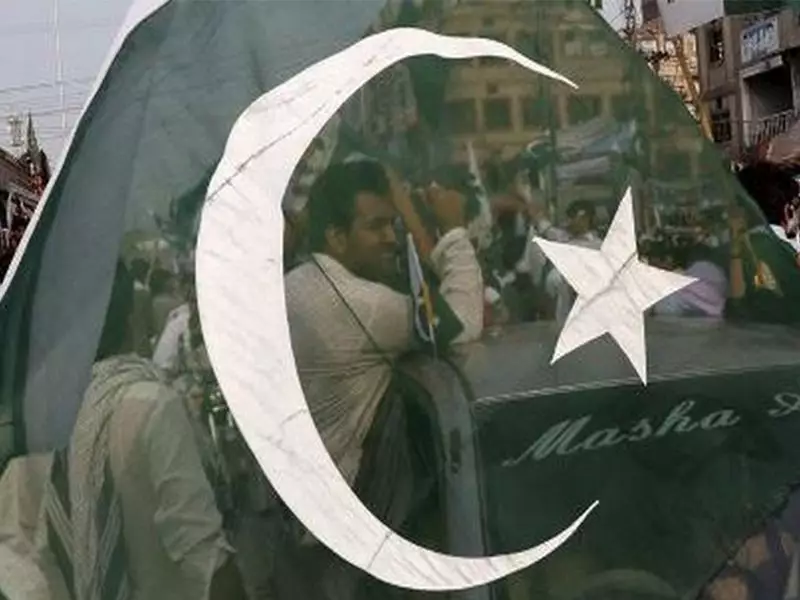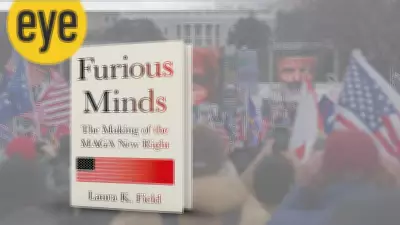
The picturesque province of Sindh in Pakistan has transformed into a battleground for human rights as state-sponsored suppression tactics spark a massive public uprising. What began as isolated incidents of enforced disappearances has now snowballed into a full-blown crisis that threatens to destabilize the entire region.
The Spark That Ignited the Flame
Recent weeks have witnessed an alarming escalation in the abduction of political activists, students, and human rights defenders across Sindh. Families are taking to the streets, clutching photographs of their missing loved ones and demanding answers from authorities who remain conspicuously silent.
Ground Zero: Karachi's Boiling Point
In Karachi, the provincial capital, the situation has reached fever pitch. Daily protests outside press clubs and government buildings have become the new normal. "We cannot sleep while our children are missing," cries one elderly mother who hasn't seen her son in 47 days. Her story echoes through the crowds—a chorus of anguish and determination.
The Anatomy of State Suppression
Human rights organizations document a disturbing pattern:
- Midnight raids on family homes
- Abductions in broad daylight
- Complete denial of detainee whereabouts
- Legal petitions met with bureaucratic stonewalling
- Intimidation of lawyers and journalists investigating cases
"This isn't just about missing persons—it's about systematic dismantling of dissent," explains a local human rights advocate who requested anonymity for safety reasons.
International Alarm Bells Ring
The international community is taking notice. Human Rights Watch and Amnesty International have issued stern warnings to Pakistani authorities, calling for immediate transparency and adherence to due process. The United Nations Working Group on Enforced Disappearances has documented hundreds of pending cases from Sindh alone.
A Province United in Grief and Resistance
What makes the current uprising remarkable is its cross-sectional nature. Urban intellectuals stand shoulder-to-shoulder with rural farmers. Students organize alongside seasoned political workers. This unprecedented unity suggests the crisis has transcended traditional political and ethnic divisions.
The streets of Hyderabad, Sukkur, and Larkana now echo with the same demands heard in Karachi. Protesters are no longer asking—they're demanding: immediate release of all forcibly disappeared persons, accountability for security agencies involved, and constitutional protection of basic rights.
The Government's Contradictory Stance
While officials pay lip service to investigating these cases, their actions tell a different story. Security forces have responded to peaceful protests with water cannons and mass arrests, further inflaming public sentiment. The gap between governmental rhetoric and ground reality widens with each passing day.
As the sun sets over the Indus River, the people of Sindh face an uncertain future. Their peaceful resistance continues to grow, fueled by a simple, powerful demand: "Bring our loved ones home." The world watches to see if Pakistan will listen before this crisis consumes the entire province.





